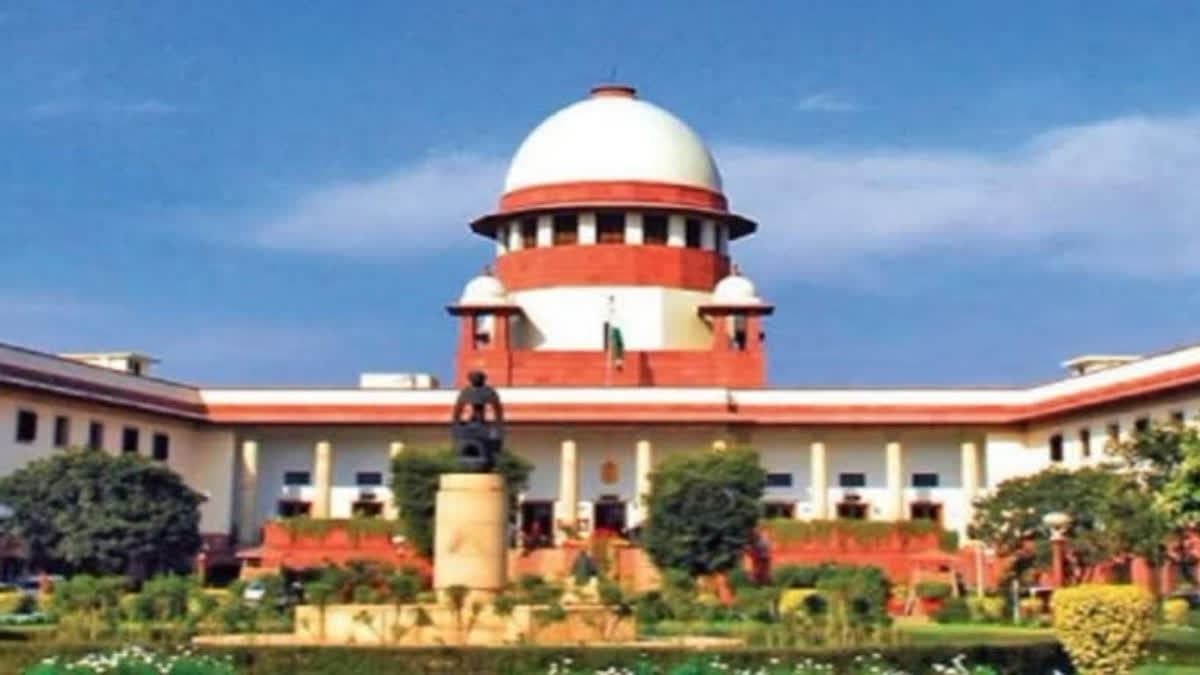New Delhi: The Supreme Court on Monday told former Andhra Pradesh Chief Minister N Chandrababu Naidu that his contention for prior approval before initiating an inquiry in a corruption case will be examined in a way in which the objective of the Prevention of Corruption Act (PC Act) is not defeated. Naidu was arrested in the Skill Development Corporation scam.
A bench comprising justices Aniruddha Bose and Bela M Trivedi said while interpreting Section 17A, the court would have to see that the objective of the Act, to counter corruption is not defeated. The apex court made it clear that it cannot adopt an interpretation that will frustrate the objective of the Act. Section 17A was introduced by an amendment with effect from July 26, 2018. According to the provision, a police officer must seek prior approval from the competent authority for conducting any inquiry or investigation into any offence alleged to have been committed by a public servant under the PC Act.
Also read: SC agrees to list plea of Sterlite copper unit of Tamil Nadu for hearing
During the hearing, which went for more than two hours, senior advocate Harish Salve, along with senior Sidharth Luthra, representing Naidu, contended that Parliament inserted Section 17A to keep a check on harassment of a public servant, who decided while discharging his official duty. Naidu’s counsel said in 2021, the inquiry was initiated against Naidu therefore Section 17A of the PC Act will apply to the case. The counsel opposed the state's claim that the probe commenced before the 2018 amendment came into force. The Andhra Pradesh government claimed that the inquiry started in 2017 in the case.
Salve said Section 17A strengthens the law and allows a public servant to work freely without any fear of harassment and added it was not the inquiry that led to this FIR, and “it appears some inquiry was done, which was folded up….thereafter, a fresh inquiry was done.” The apex court hearing Naidu’s plea against the Andhra Pradesh High Court order declining to quash the FIR against him in the Skill Development Corporation scam case. The hearing in the matter remained inconclusive on Monday.



